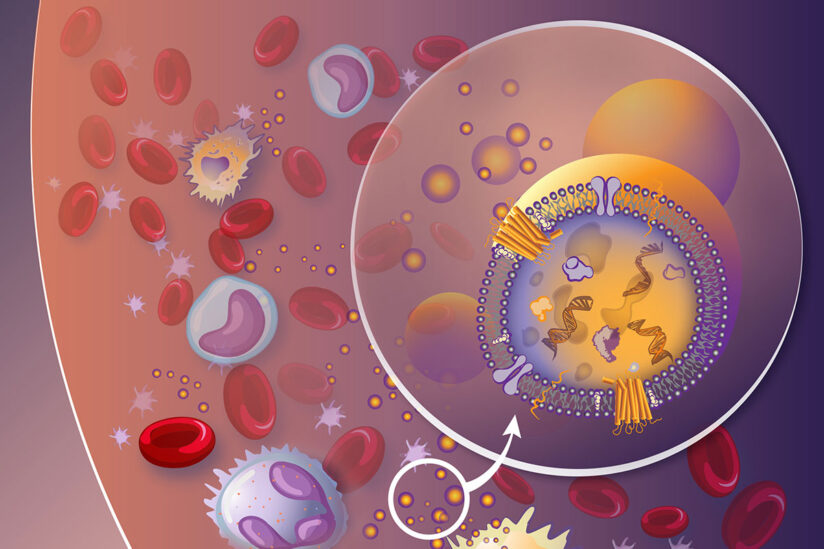
A snapshot of genetic code
Screening entire populations for breast and ovarian cancer gene mutations could prevent millions more cancer cases across the world compared to current clinical practice, according to an international study led by Queen Mary University of London. The research also shows that it is cost effective in high and upper-middle income countries.
The most well-known breast and ovarian cancer causing genes are BRCA1 and BRCA2. These gene mutations cause around 10-20 per cent of ovarian and 6 per cent of breast cancers. If mutation carriers could be identified before they develop disease, most of these cancers could be prevented by drugs, increased screening or surgery.
Current clinical guidelines globally only recommend genetic testing for high-risk women, for example, if they fulfil certain clinical criteria or if there is a strong family history of breast or ovarian cancer. However, over 50 per cent of BRCA carriers do not meet these criteria so are not tested, and over 97 per cent of BRCA carriers in the UK population remain unidentified.
This new study was supported by the NHS Innovation Accelerator Fellowship and women’s cancer charity The Eve Appeal and published in the journal Cancers. The researchers estimated the cost-effectiveness and health impact of BRCA testing in the general population, compared with current standard clinical testing of women designated as high risk, in countries considered high income (UK/USA/Netherlands), upper-middle income (China/Brazil), and low-middle income (India).
The researchers modelled a number of scenarios of population based BRCA-testing and compared the costs and health impact to the current family history based policy. Cost effectiveness was calculated from both a societal and a payer perspective. A payer perspective only includes medical costs incurred by the health system or health providers (such as costs of genetic testing, screening, prevention and cancer treatment). A societal perspective also takes into account costs such as the impact of income lost from inability to work and shorter life spans due to cancer.
The research team found that population based testing was extremely cost effective in high and upper middle income countries from a payer perspective. From a societal perspective it was cost saving in high income countries and cost effective in middle income countries like China and Brazil. Costs of BRCA testing would need to fall to around USD $172 to become cost effective in low income countries like India.
The Latest Updates from Bing News & Google News
Go deeper with Bing News on:
Population based BRCA-testing
- Feed has no items.
Go deeper with Google Headlines on:
Population based BRCA-testing
[google_news title=”” keyword=”population based BRCA-testing” num_posts=”5″ blurb_length=”0″ show_thumb=”left”]
Go deeper with Bing News on:
Population based testing
- Feed has no items.
Go deeper with Google Headlines on:
Population based testing
[google_news title=”” keyword=”population based testing” num_posts=”5″ blurb_length=”0″ show_thumb=”left”]










